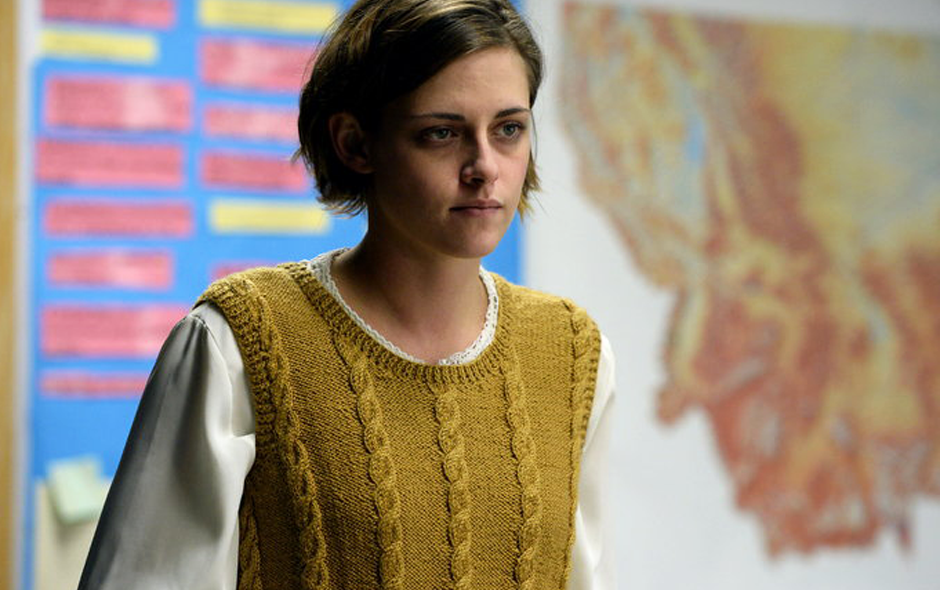Certain Women is one of those meticulously directed films with a deceptive subtleness and a powerful emotional punch that demands close attention. Consider its muted, rustic colour palette and artisanal, indie-film aesthetic the perfect antidote to Hollywood’s shiny, bloated tentpole season.
Three intersecting storylines provide glimpses into the ordinary lives of three women, all set in small-town Montana. There’s Laura (Laura Dern), a lawyer whose obliging nature has extended her counsel beyond the professional domain into emotional territory for her unwanted client Fuller (Jared Harris). Laura points out in a polite and seemingly rehearsed manner that his erroneous acceptance of a small settlement which fails to cover the extent of his post-injury disability prevents him from pursuing future settlements. It takes the repeated statement from a male lawyer before Fuller can finally believe this information. Eventually, Laura’s all-too-accommodating nature and professional status as Fuller’s attorney leads them into a dangerous stand-off.
The second storyline also finds a mother/wife, Gina (Michelle Williams) – whose husband Ryan (James Le Gros), is building her a house — coveting a used rock belonging to an older man (Rene Auberjonois) with dementia. He is rendered incapable of responding to any of Gina’s questions or conversation prompts, and yet he has no problem communicating with Ryan.
The third storyline also features miscommunication, this time between two women. Lily Gladstone plays an unnamed lonely farm rancher looking for the lowest-stakes kicks she can find in her small town. She comes across fresh-from-law-school Elizabeth (Kristen Stewart). The two strike up an unusual, one-sided friendship that finds the rancher mostly observing and taking in the awesome presence that is Kristen Stewart.
Director Kelly Reichardt is a master at establishing complex character intentions through the smallest of actions. The unnamed rancher, for example, exhibits signs that she’s romantically interested in the teacher through mesmerized yet polite looks at Stewart’s character that are repeated time and time again. But it ultimately matters less if she’s interested platonically or romantically than the inescapable vastness of her loneliness.
Reichardt, is an expert “speaker” of body language. She knows exactly how to write dialogue that will allow her actors to make the most of subtle nonverbal cues and memorably tell her stories. Certain Women showcases an understanding of illusive human communication, making it the most effective contemporary film about microaggressions — those small, seemingly innocuous types of communication that undermine or strip away people’s sense of agency, control, and dignity.
But while Certain Women is focused somewhat on the nuance of dialogue and its intertwining with body language, it’s a deliberately quiet and reserved little film. Much like the rest of Reichardt’s oeuvre, Certain Women celebrates the film’s settings through attention to small details. The film artfully texturizes the surroundings to create a contemplative mood and pace. This is Reichardt’s most formally evocative work, and one that finds new pleasures in repeated viewings. In short, it’s her new masterpiece.

